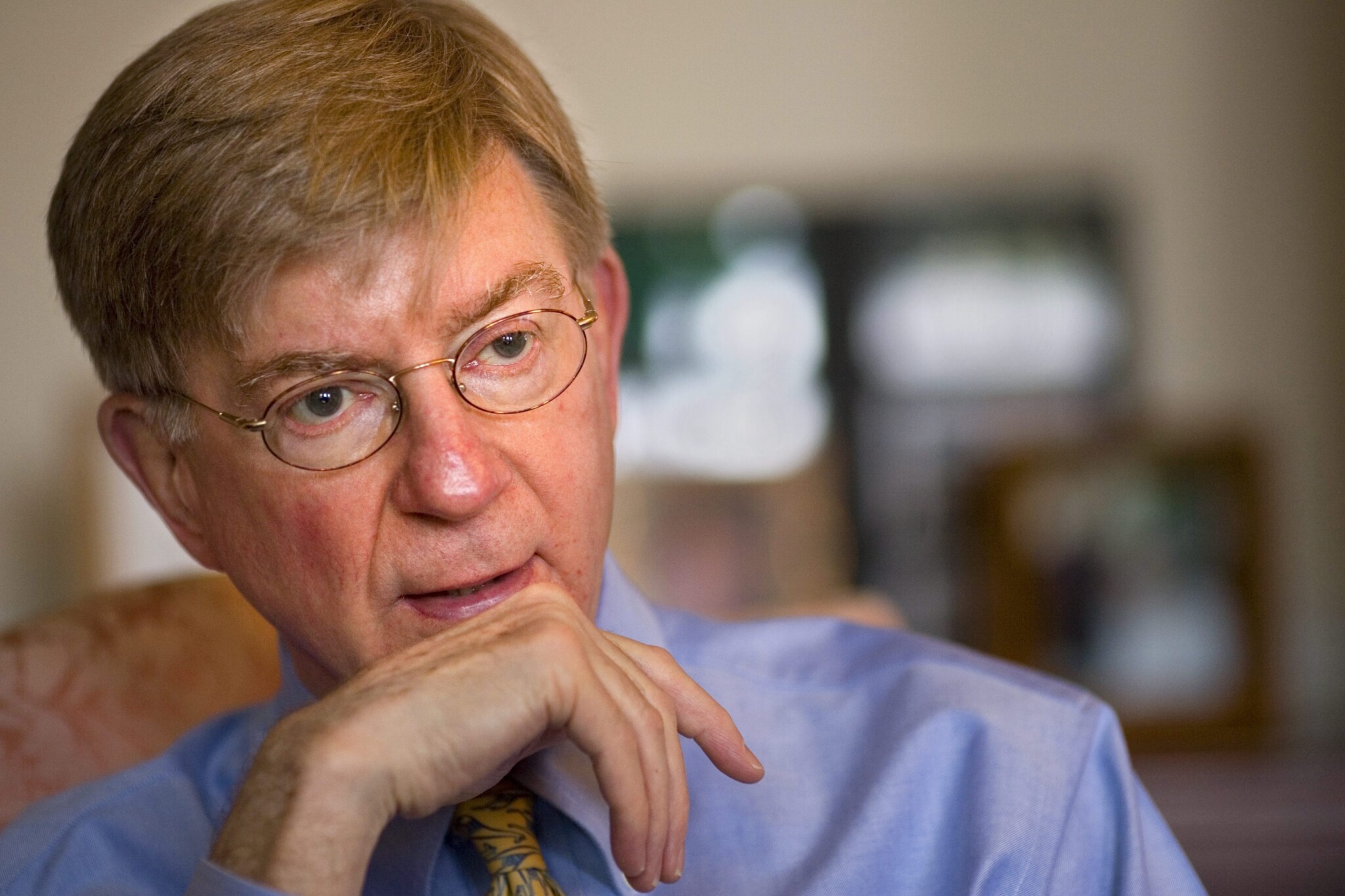The Weekly Wrap takes a break from its usual format this week to focus on one topic: paying tribute to George Will’s remarkable career and enduring influence as the 50-year dean of Anglo-American conservative columnists.
Somewhat counterintuitively, there’s been a lot of change in Anglo-American conservatism over the past 50 years—including the intellectual victories of the Reagan-Thatcher-Mulroney era, the intellectual and institutional challenges of the movement’s maturity in the twenty-first century age of terrorism and globalization, and then, of course, the rise of right-wing populism personified by Donald Trump.
During this period of ferment and tumult, there’s been one constant: the principled and thoughtful reflections of the Washington Post’s conservative columnist George Will.
This week, Will celebrated an extraordinary milestone. He has now written columns from his perch at the Washington Post for a half-century. That means he published his first words there when the current Canadian prime minister’s father was still imposing price and wage controls on the Canadian economy.
In hindsight, that episode with government-imposed prices and wages which started under the Nixon administration in the United States and soon extended here in Canada was a major political economy moment. It represented the height of technocratic arrogance—the fatal conceit, as Fredrich Hayek famously put it—of the big-government, Keynesian consensus that dominated post-Second World War thinking.









